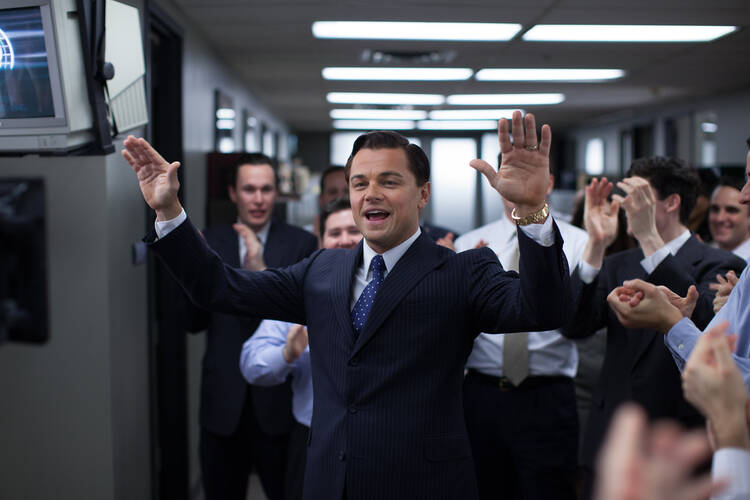At The Atlantic, Kevin Roose, author of the forthcoming book Young Money: Inside the World of Wall Street's Post-Crash Recruits, briefly previews his three-year journey with upstart tycoons-in-the-making, eight young "Wall Street workers." According to Roose, life in Manhattan wasn't exactly champagne wishes and caviar dreams: "[I]n three years, hardly an interview went by without a young banker confessing his or her struggles with depression and health problems, expressing a desire to quit, or simply complaining about how working in finance was ruining the pleasures of normal life.”
Why was it so awful? Lots of reasons. To wit:
Wall Street is notorious for the long hours it imposes on its worker bees. (One young banker bragged to me about working the “banker 9-to-5,” defined as 9 a.m. until 5 a.m. the next day.) But lots of professions – law and medicine, to name just two – work their underlings hard. What makes banking different is that the work can arrive at any moment, unannounced and requiring immediate attention. If a client needs a PowerPoint presentation at 4 a.m. on Christmas morning, a junior banker will have to wake up and get to the office.What this means, in practice, is that young bankers live in a state of perpetual anxiety, and advance planning becomes impossible. Boyfriends and girlfriends get upset about broken dinner plans, friends and family members become estranged, and phones function as third limbs.
When I reflect on all this and think of the students I teach, I'm reminded once more of the need for Catholic schools, and people of faith, to give young men and women something that few places or institutions provide: opportunities for discernment, spaces to meditate upon what they understand to be the "good life," and to do so with a spirit of self-examination. When I read of these young bankers, or when I think of lawyers I know who are similarly miserable, I don't see freedom; I see captivity. It's a kind of prestigious incarceration: they work really hard but become increasingly limited. They speak of their professional lives not in terms of responding to God's call, but in language of subjugation, as if work is one large probation office with which they have to check in.
It's sad. And it can become terribly self-perpetuating: young professionals are miserable so they buy more things, but then they have to keep working in the jobs they hate so they can pay for all the things.
It doesn't have to be this way. Young strivers must know of the possibilities of joy that await; they must know that God calls them to spiritual freedom.
One question that arises, though, is this: outside of Catholic schools, or outside of faith-based environments, is there any talk of spiritual freedom -- or, in a secular context, an analogous concept? Are business schools and MBA programs inviting men and women to think about their choices with respect to ultimate values, with respect to the soul? Are professors? The grueling nature of Wall Street work is no surprise. Many authors, including America's Fr. James Martin, S.J., have chronicled its pitfalls. So: What kind of self-reflection is occurring within the industry, within the schools that supply the new recruits?
I'm not sure I'll be encouraged by the answers.








